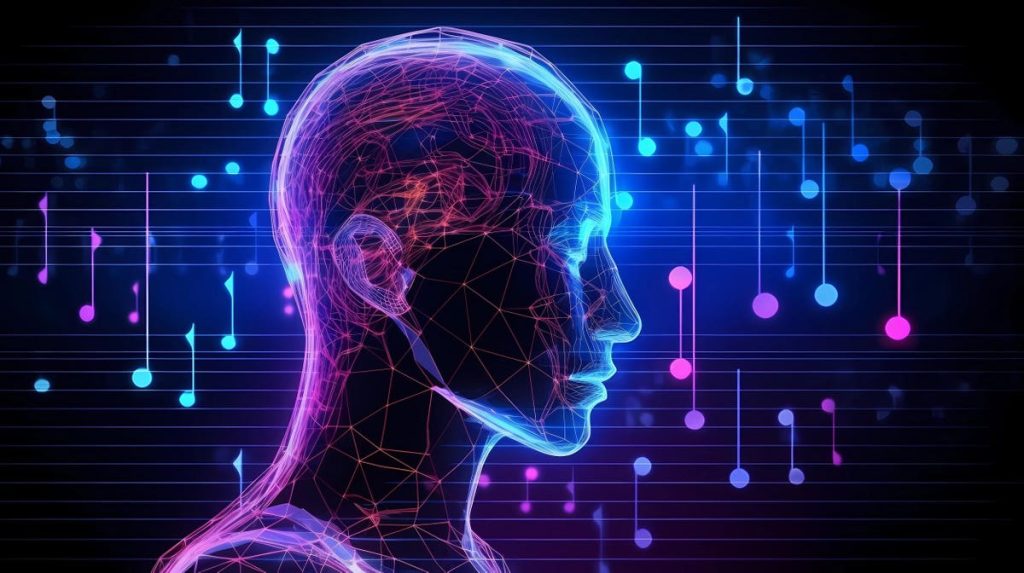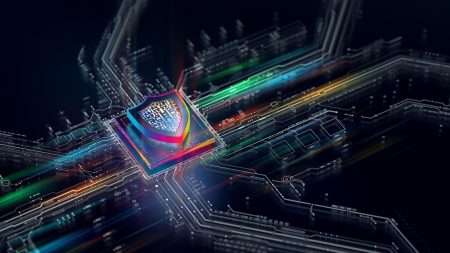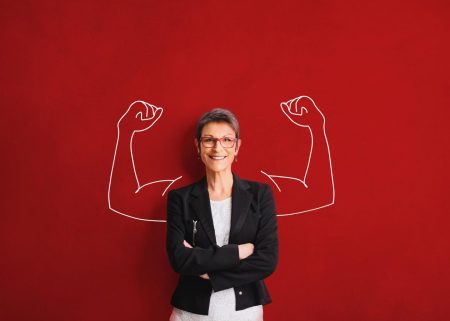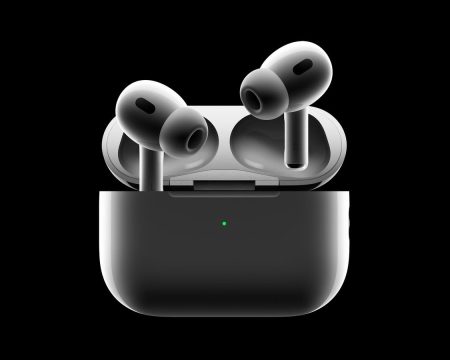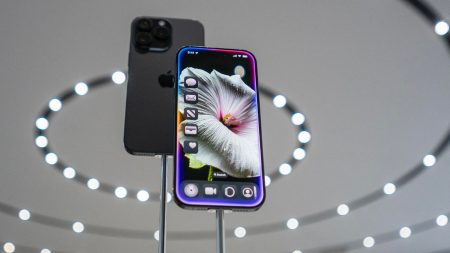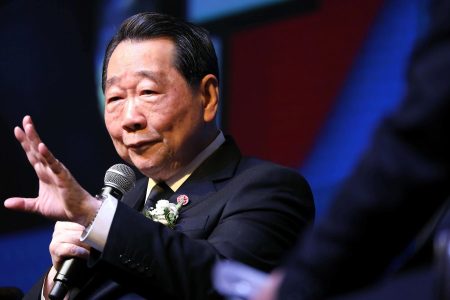Humans are the only creatures that make music purely for the enjoyment of those listening – but now computers want to get in on the act. We have just learned that Sir Paul McCartney has used artificial intelligence to ‘extricate’ John Lennon’s voice from an old demo to create what he calls ‘the final Beatles record’.
Generative artificial intelligence (AI) algorithms are now capable of creating original songs and music, while machine learning-powered search, recognition, and recommendation engines are changing the way we listen.
What does this mean for you if you’re a musician? And will the plethora of new ways of finding and enjoying music impact the music industry and our lives in general? Read on to find out about the latest developments at the intersection of AI and music!
Music Made By Robots
Computers have been involved with making music since their very earliest days. What’s changed recently, thanks to the development of deep learning and generative AI, is that they’re becoming increasingly good at doing it without human involvement.
Authentic Artists, Bandlab and Boomy, are just three of the latest platforms that can create AI-generated music for anyone at the click of a button. Think ChatGPT – the generative language tool that has taken the world by storm – but for music.
Tencent Music’s streaming service reportedly hosts over 1,000 songs featuring AI-generated vocals, which have collectively received millions of plays.
And the creators of ChatGPT themselves – AI research institute OpenAI – previously released a generative AI tool for music called Jukebox, which is capable of creating songs in the style of famous artists, including Elvis Presley, Kurt Cobain, and Frank Sinatra.
While we probably won’t expect to hear music created in this way becoming commercially viable in its own right any time soon, it might be a useful resource for those needing music or background sounds to accompany videos and other creative works. As such, it could impact the segment of the industry traditionally involved with creating this type of music.
One AI-powered music tool, Amper (now part of Shutterstock), was created by a group of movie industry musicians who realized there was a high demand for custom soundtracks for incidental and background music.
AI-Augmented Artists
So we’ve seen that it’s simple enough for AI algorithms to create tunes these days – but will anyone want to listen to them? And what’s the point of becoming a pop star if you’re not going to get rich and famous?
Some human recording artists have decided the best solution is to use AI tools to augment their music – for creative or experimental reasons – while retaining overall control of their output.
According to Time, the first pop album created with the help of AI was Hello World by Francois Pachet, a composer and director of the Spotify Creator Technology Research Lab. And in 2019, Holly Herndon used an AI-synthesized version of her own voice to sing harmonies alongside her own vocals.
Other recent examples include experimental pop duo The Cotton Modules, whose 2021 debut album Shadow Planet featured textured soundscapes created using OpenAI’s Jukebox integrated alongside their own compositions to create unique tracks.
And 27 Club’s Lost Tapes of the 27 Club is an experiment that fused AI vocals with real singers to create music in the style of the group of famous musicians who gave the club its name by passing away at the age of 27.
Once a song has been written, the way it’s produced, recorded, and mastered has a big impact on what the finished product will sound like. AI tools are emerging in this area, too, and one of the better-known among them is LANDR. This is a platform that offers AI-assisted analysis of tracks you’ve created in order to apply effects and enhance the overall sound, then assist in the process of creating master recordings.
Music Listening and Discovery
AI music recommendation has been with us for a while now, most notably as part of services like Spotify and their smart playlists that adapt to the unique tastes and preferences of listeners.
We are also becoming increasingly used to using tools like Shazam or Android’s Now Playing feature to identify music playing around us and automatically add it to the playlist of our favorite streaming music services.
Other AI-powered services include the lyrics-focused Musixmatch, which creates on-the-go lyrics for tunes playing on Spotify, Youtube, and Apple Music, among other providers.
AI is also used to improve the sound quality of the music we listen to. Audeze creates products, including headphones and microphones with built-in AI-driven noise reduction systems to provide higher quality audio.
But Who Wrote It?
AI-created or co-created music also forces the industry and wider society to address issues around copyright and authorship. Can a machine or algorithm be recognized as the copyright holder for a piece of music? And if the music was created using generative AI, what recognition should be given to the human artists whose work was at some point used to train those algorithms?
A campaign group formed to address these issues has created a list of directives that it says need to be adhered to by musicians, technology creators, and regulatory bodies in order to ensure the rights of human creatives are not compromised.
The group called the Human Artistry Campaign and consisting of members including the Recording Industry Association of America, states that governments should not create new copyright or IP exemptions that allow AI developers to exploit human creators without permission or compensation.
In fact, the US Copyright Office has recently issued guidance clarifying that a piece of art (including a musical composition) is not copyrightable when generated via a user prompt. This would appear to limit the commercial viability of music created solely via AI technologies, such as those mentioned in this article, while offering some protection for artists who simply use AI elements to augment their own creativity.
Will This Change Music Forever?
In summary, it seems that while we may not be ready to entirely replace human musicians with music created by AI, AI will play an important part in creating the music we will all be listening to in the future. It can help musicians to streamline the creative process, as well as to come up with new ideas and concepts for them to express in their art. It will also continue to make it easier for listeners to find and connect with new music they will love and enable them to experience music in new and exciting ways.
To stay on top of the latest on new and emerging business and tech trends, make sure to subscribe to my newsletter, follow me on Twitter, LinkedIn, and YouTube, and check out my books Future Skills: The 20 Skills and Competencies Everyone Needs to Succeed in a Digital World and The Future Internet: How the Metaverse, Web 3.0, and Blockchain Will Transform Business and Society.
Read the full article here



